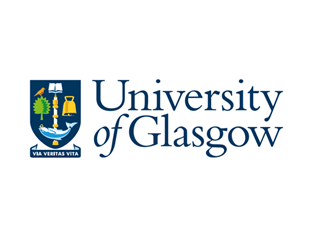Innovate UK has chosen University of Glasgow spin-out Acu-Flow as one of 17 projects funded by the UK’s national innovation agency’s Biomedical Catalyst programme, which provides funding for new healthcare products, technologies, and processes.
The Scottish medtech will recieve £1 million in funding in the hopes of advancing its nebuliser technology, which uses an innovative surface acoustic wave technique to deliver medicines into patients’ lungs.
Other key advantages of Acu-Flow’s tech over existing processes is that current technologies are “limited in their ability to nebulise different types of formulation,” with patients potentially as a result having to use their nebuliser more than is comfortable, for up to 20 minutes and as many as six times per day.
Over the next two years, the Acu-Flow team – supported by partners at the University of Glasgow and the NIHR Devices for Dignity Med-tech Co-operative – will work to develop a fully-integrated nebuliser, ready to take to large-scale manufacture.
Nebu~Flow – the name of the team’s tech – is described as producing droplets from formulations within the clinical proven optimum range, capable of reaching patients’ lungs and maximising the treatment’s effectiveness, reducing the time required to deliver a dose, added the firm – which expects to use its nebuliser platform to deliver new nanomedicines and vaccines, including biologics, to patients.
Dr Elijah Nazarzadeh, Acu-Flow’s Chief Executive and a Co-founder, said: “We’re delighted to have been awarded this significant grant from Innovate UK, which will allow us to accelerate our research and development over the next two years, helping us to bring our innovative and potentially life-changing technology to market.
“Respiratory diseases are the world’s leading causes of disability and death. Collectively, they add a huge burden to global health services. The Covid-19 pandemic has made us all aware of respiratory disease and the importance of new treatments to alleviate their effects.
“While treatments for some of these diseases have advanced significantly in recent years, there are still significant challenges to overcome the efficient delivery of drugs directly to patients’ lungs.
“Our new technology will not only improve the amount of drug reaching the lung, but will enable new drug formulations, helping pharmaceutical companies to develop the next generation of life-changing treatments.”
Source: DIGIT

